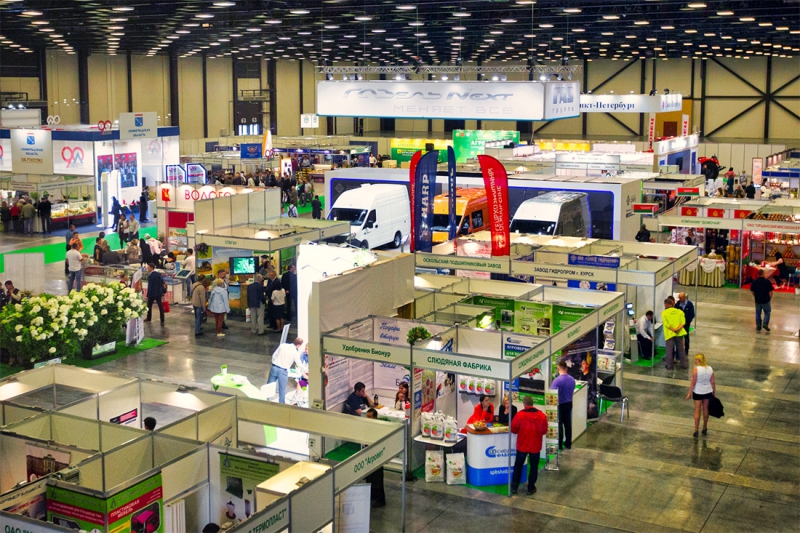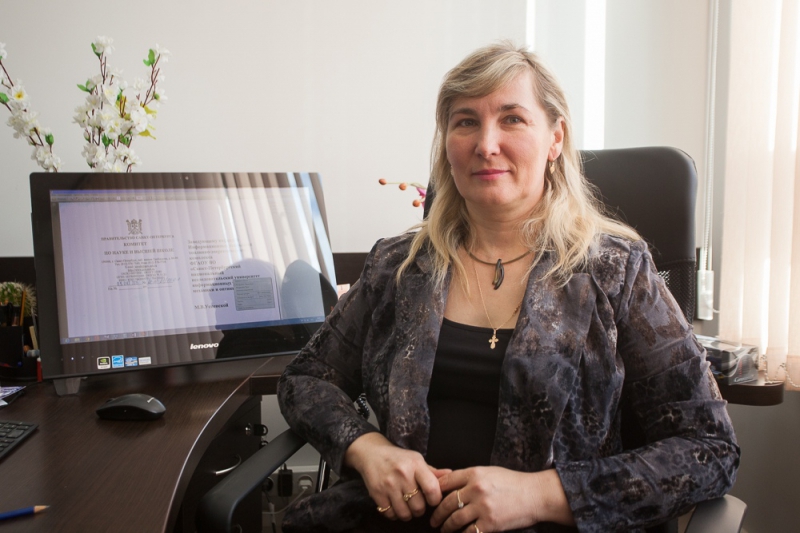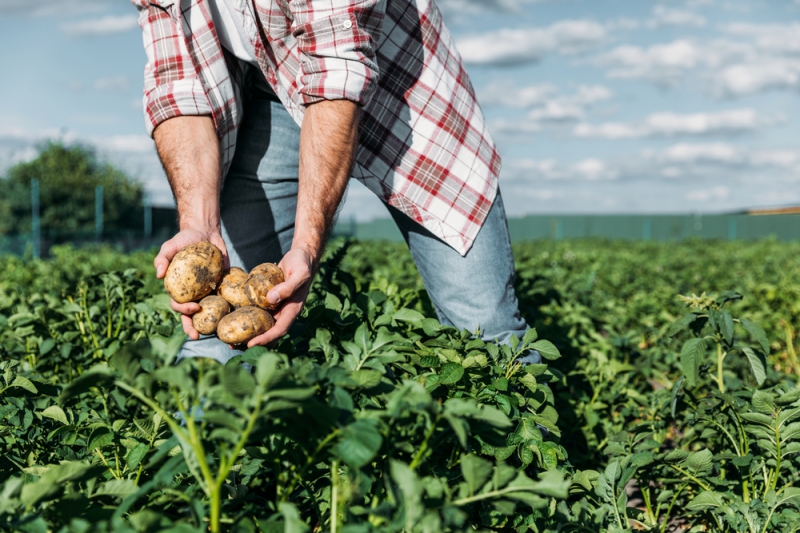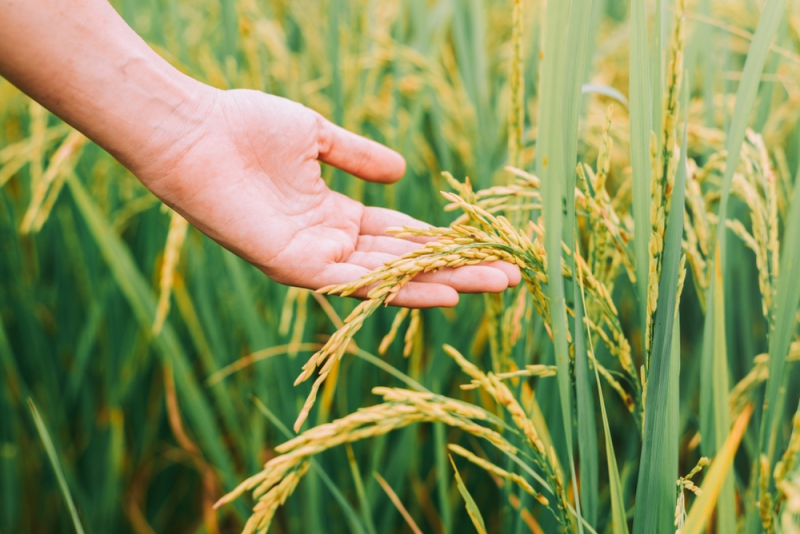AGRORUS is the only exhibition platform in Russia which focuses on the achievements made by small companies, as well as gives specialists an opportunity to shares experiences and discuss the latest trends in agriculture. Every year, the project brings together leading agricultural and food producers, suppliers, federal and regional retail networks, farmers and gardeners. In 2019, the exhibition took place at St. Petersburg Expoforum on July 10-12.
The event was accompanied by an annual awards ceremony. A total of 60 participants received medals, and ten became the Grand Prix winners, including ITMO University’s International Research Institute of Bioengineering, which presented their bioregulator of growth. The project was conducted by Marianna Kremenevskaya, the head of the Institute Maya Uspenskaya, Marina Baidakova, Timur Denisov and Elizaveta Yazeva. The bioregulator is a new agricultural product made of a polyacrylic material with protein filling and aimed at increasing yields and enhancing plants’ resistance to adverse environmental factors. Scientists used a protein hydrolyzate obtained from collagen-containing waste from meat processing factories to help prevent diseases and improve plant immunity at the moment of formation or accumulation of stress metabolites.

We talked to Maya Uspenskaya, the head of the International Research Institute of Bioengineering, about the bioregulator and the Institute's other projects
In what way is your bioregulator of growth different from other similar developments?
There are not a lot of companies in Russia producing growth bioregulators. Most companies that sell moisture absorbers don’t manufacture them but import them from abroad. The Belkozin factory used to produce a bioregulator similar to ours, but the production process is not active now.
We use a much simpler and more effective production method than other companies producing similar products: instead of a lengthy complex multistep process, we propose a method that allows for reducing the time needed for the production of a polymer composite with a protein filling by 40 times. We also use less additional reagents, which helps us decrease the consumption of raw materials and energy, and, most importantly, significantly reduce our environmental footprint. The development has already been confirmed by a patent.
What is also remarkable is that the existing moisture absorbers don’t contain any microelements, nutrients and amino acids needed for plants to grow well, while our bioregulator does.

When introduced into the soil, the bioregulator is completely safe, it doesn’t emit any harmful substances, doesn’t inhibit plants’ metabolism, and accumulates water in the root zone. This product provides the optimum water regime for plants, both by taking away excess water during irrigation and rain and by giving moisture to plants when the soil dries.
What are the main research goals of the Institute?
Research at the International Research Institute of Bioengineering is aimed at the development of modern polymeric materials, as well as products based on them, including medical products with useful properties. Here are some research fields we’re currently working in:
- Biodegradable and resorbable materials;
- Targeted drug delivery;
- Cellular engineering;
- Sanitary and hygiene materials;
- Nanomedicine;
- Biosensors;
- Smart materials.

What other products are you working on at the Institute?
We also produce various soil conditioners, which allow to retain moisture in arid zones and restore soil and ecosystem balance, and environmentally friendly oil sorbents. Apart from that, the Institute has also developed a special edible biodegradable polymer coating for the protection and packaging of food and fruit and vegetable products. Another promising development is a medical material designed for contacting with a living organism.





